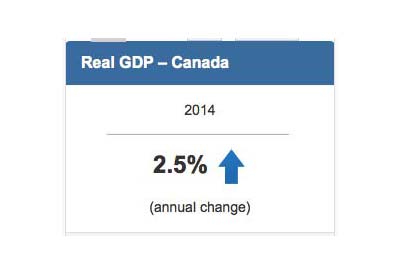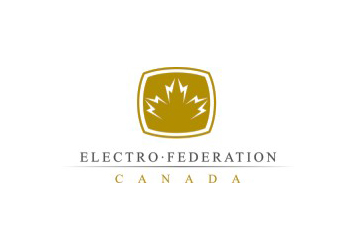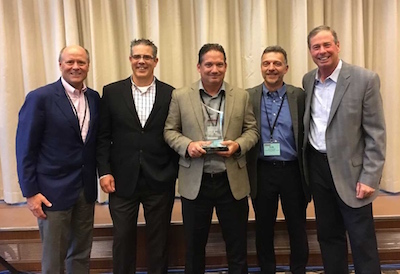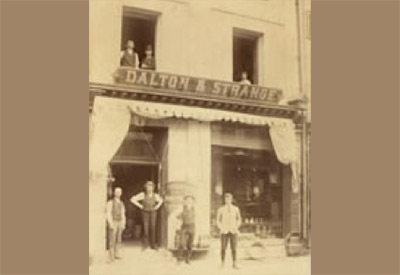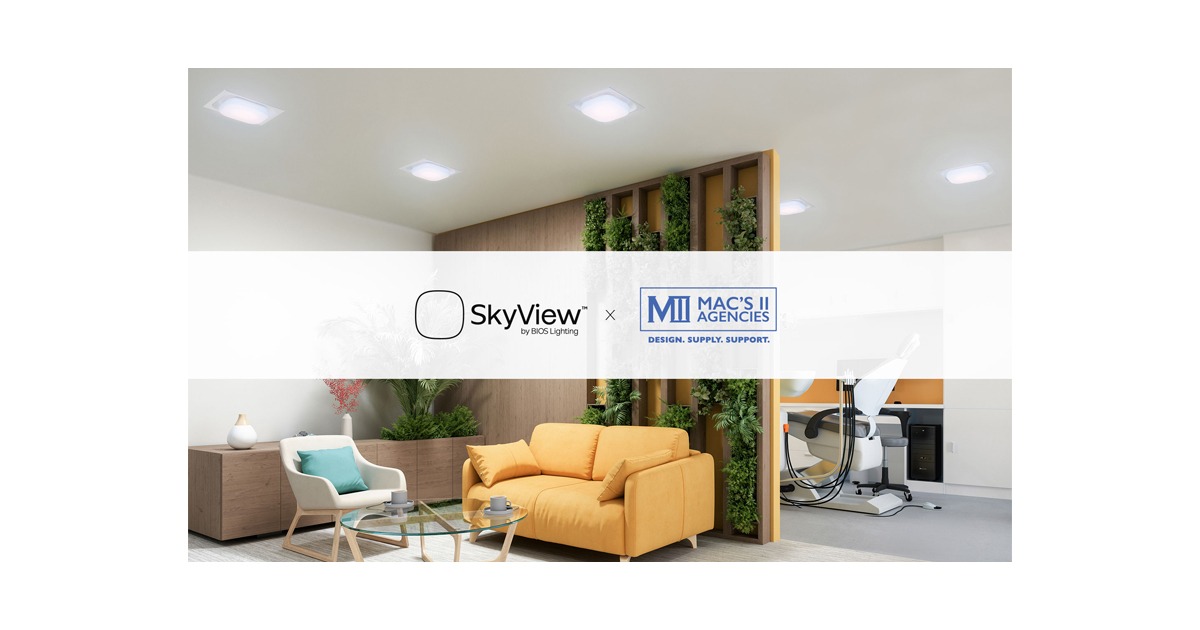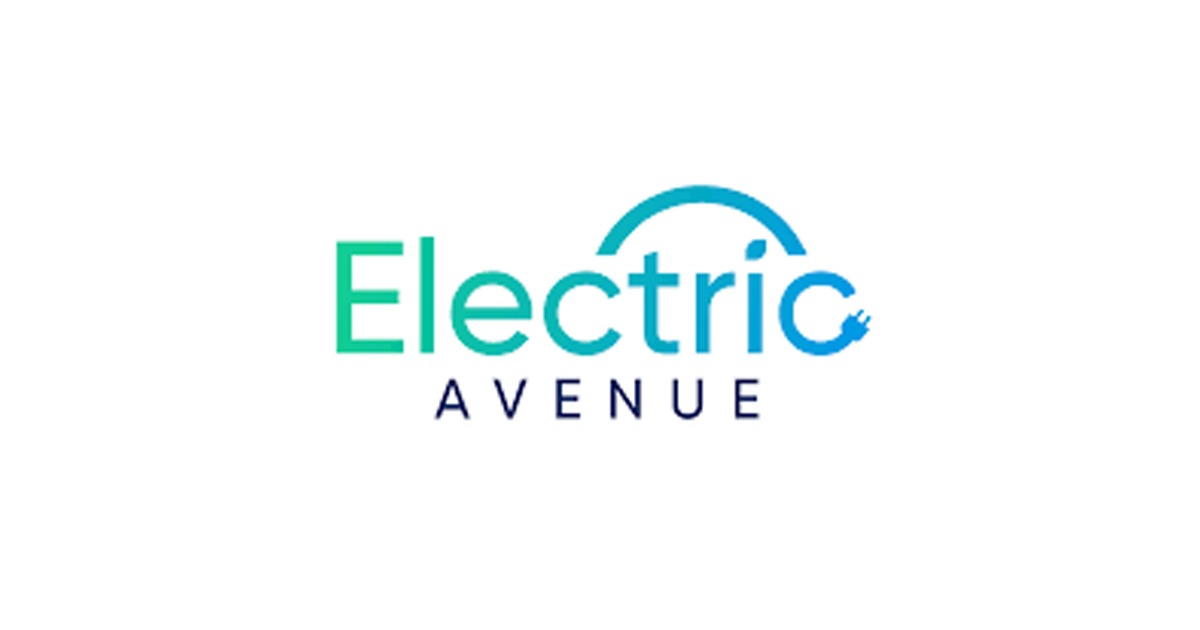Meeting New Competitive Market Demands: Keeping up with Rapid Change

July 27, 2017
Bill Bryans
As I retire from my position as VP, Technical Services at Electro-Federation Canada, more than ever to meet new competitive market demands, I believe EFC and other manufacturing associations must create an advanced means for regionally applicable standards development collaboration. The Council for Harmonization of Electrotechnical Standards of the Nations of the Americas (CANENA) has served this purpose reasonably well for the past 25 years, but has too many inherent structural limitations to be capable of competing in the emerging world of rapid fire technology changes.
Most markets are increasingly driven at a near constraint rate of change through introduction of innovative new technologies affecting products, solution-services and business partnerships. The means to deliver each of these components quickly and successfully to market is immensely complex. This includes the potential negative impacts on the various systems they become part of, should these components be sub-standard in quality, or not meet the increasing set of safety and performance requirement demands to advance, maintain and protect the integrity of those systems.
Canada has recognized the need to be more proactive at aggressively creating holistic system-wide plans to counter climate change, and creating incentives to drive changes across many market segments, such as energy efficiency of products, building and factory systems, energy creation and delivery, and all modes transportation. National Codes and government policies are more stringent, driving design changes in products and solutions to comply.
This raises the question on how we can keep up with these rapidly changing demands to raise the base requirements to consistently meet and exceed rising expectations, both now and in the future in a highly integrated regional and global market place. The purpose of standards and conformity assessment is to facilitate effective trade cost. Developing and meeting standards has always been part of the manufacturer and business supply chain effort. The increased need for constant update requirements are also putting greater pressure on nationally accredited standards development organizations (SDO) in adapting their standards specified by codes (regulators) and customers alike.
As businesses have realized, to cope and compete in the increasingly competitive market, they need to collaborate with other entities and access necessary expertise as needed and share the associated risks. Europe has long had government paid regional standards bodies: European Committee for STANDARDS (CEN) and European Committee for Electrotechnical Standardization (CENELEC), to not only service their trade block, but also leverage control over development of International Standards Organization (ISO) and International Electrotechnical Commission (IEC) standards for global markets.
In recent years to promote and export the massive market of China internationally, they have developed a government backed program to acquire any available leadership positions at ISO and IEC for globally used standards. Meanwhile, business practices and product innovation in North America are not well served by our incongruent standard development processes across the region. EFC identified the need to address this challenge during development of the EFC white paper published in 2012 in response to the Red Tape Reduction initiative under the CA/US Regulatory Cooperation Council.
Over the past year, EFC, NEMA along with SDOs UL, CSA and ANCE (Mexico) have been discussing the idea of forming a North American SDO consortium with their relevant accreditors, American National Standards Institute (ANSI), Standards Council of Canada (SCC) and Dirección General de Normas (DGN) and other relevant entities. The aim of such a consortium is working within the current three sets of national accreditation programs, while resolving the structural limitations of CANENA to serve both the North American, and further evolve to serve global market future needs. It will also be critical for manufacturers, their association and other key regional stakeholders to be proactively involved with the establishment of the governance and direction of technical policy development of, and within this consortium, to ensure it can, and will continue to serve the dynamic needs of industry to be competitive both regionally and globally going forward. Once up and functional, the CANENA projects should be migrated to the new regional standardization model.
At the time of this writing, a scheduled meeting of these parties to consider the opportunities of closer collaboration, setting common goals, establish principles and objectives to achieve these and related forward looking goals has been deferred due to USA and Mexican political differences. In the interim, it is hoped CANENA can continue to serve the region for harmonized standards under NAFTA. Taking on the role of EFC VP, Technical Services, Rob McIntyre will continue this important work for the association.
Originally published in Electro-Federation Canada’s InfoElectro magazine, Spring 2017. Click here for more articles http://infoelectro.digpages.ca/Spring2017/files/assets/basic-html/page-1.html#
 Rob McIntyre has been promoted to EFC, VP Technical Services due the retirement of Bill Bryans. Rob will lead the EFC Product Sections and all EFC member initiatives pertaining to standards development, product certification and electrical code development/implementation. Rob can be reached at rmcintyre@electrofed.com.
Rob McIntyre has been promoted to EFC, VP Technical Services due the retirement of Bill Bryans. Rob will lead the EFC Product Sections and all EFC member initiatives pertaining to standards development, product certification and electrical code development/implementation. Rob can be reached at rmcintyre@electrofed.com.



